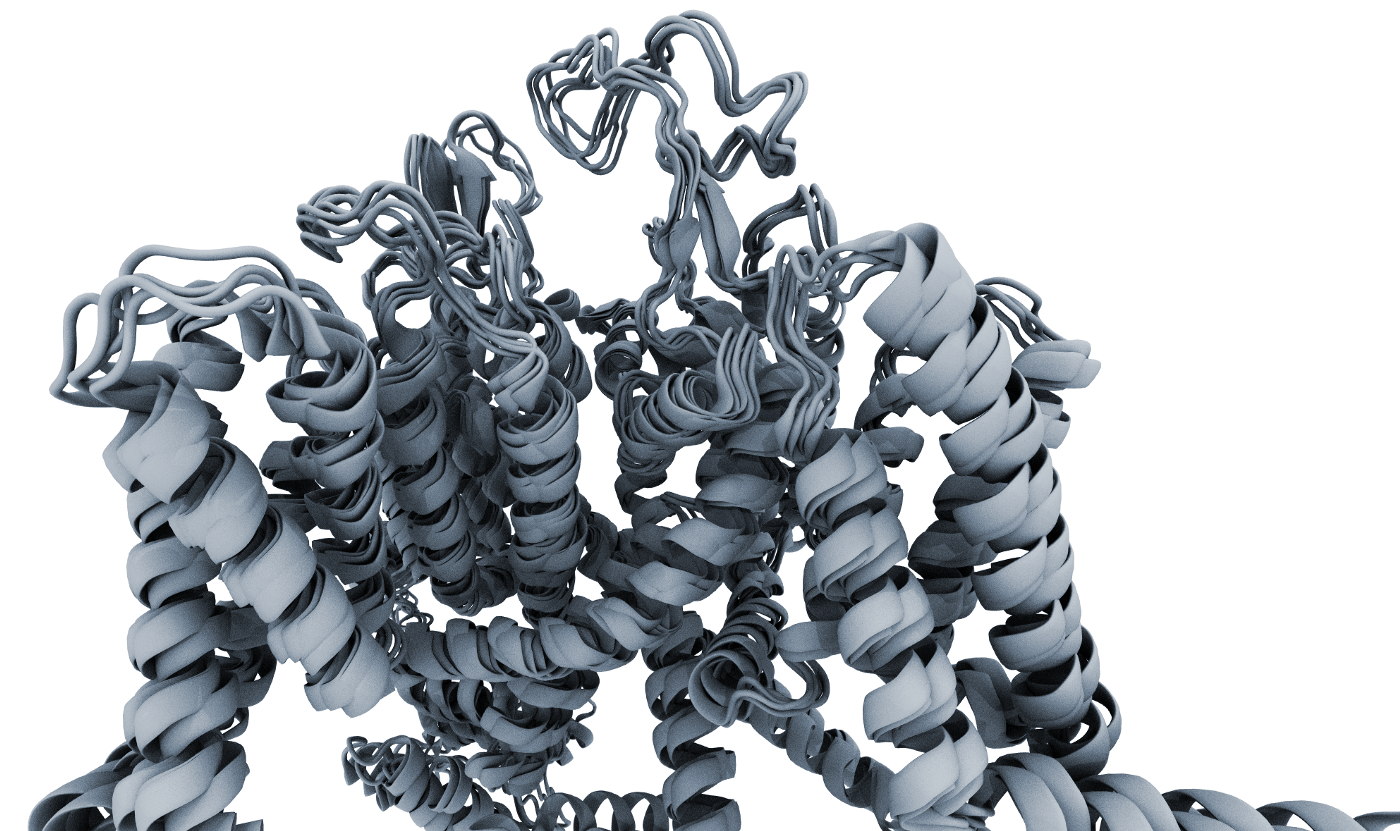Radical Ventures Partner Rob Toews published an article in Forbes last week stating that AlphaFold, an AI system recently built by DeepMind, is the most important achievement in the history of Artificial Intelligence. Here is a brief excerpt from the article, which has over 40,000 views and which DeepMind founder and CEO Demis Hassabis has called a “great article”:
In 1972, in his acceptance speech for the Nobel Prize in Chemistry, Christian Anfinsen made a historic prediction: it should in principle be possible to determine a protein’s three-dimensional shape based solely on the one-dimensional string of molecules that comprise it.
Finding a solution to this puzzle, known as the “protein folding problem,” has stood as a grand challenge in the field of biology for half a century. It has stumped generations of scientists. One commentator in 2007 described it as “one of the most important yet unsolved issues of modern science.”
AI just solved it.
Why does the protein folding problem matter? And why has it been so hard to solve?
Read the article to learn more.
Rob joined the firm last month as a Partner on the Investment Team, based in San Francisco. Before joining Radical, Rob was a VC at Highland Capital Partners, where he led the firm’s AI investment efforts. Previously, he spent several years working at the forefront of the autonomous vehicle industry at Zoox (acquired by Amazon) and working on AI and autonomous driving policy in the Obama White House. He started his career at Bain & Company in Silicon Valley.Rob writes a regular column for Forbes about artificial intelligence.
AI News This Week
-
Simulated AI creatures demonstrate how mind and body evolve and succeed together (TechCrunch)
Stanford researchers find giving AIs a body improves their development. The group is exploring embodied intelligence. Just as spiders weave webs with spindly legs and beavers slap their broad tails to sound an alarm, the researchers want to explore the idea that “the intelligence of every animal species evolved in tandem with its physical form as it interacted with its environment.” Fei-Fei Li, leading AI professor at Stanford, Co-Founder of Radical Ventures portfolio company DawnLight, and a member of the research group, noted, “we’re often so focused on intelligence being a function of the human brain and of neurons specifically […] viewing intelligence as something that is physically embodied is a different paradigm.” The paper uncovered that the AIs learned faster in a cyclical fashion. The rapid evolutionary process selected ‘body’ types that allowed them to adapt faster, apply lessons quicker, and predict the form best suited to the task.
-
Adversarial Reinforcement Learning for Procedural Content Generation (arXiv)
The thriving gaming industry saw increasing engagement during the pandemic and is projected to reach over US$ 1 Trillion by 2026. To meet this demand, gaming companies need to produce content rapidly. New tools, including AI, are increasingly being used by developers to help overcome the mounting challenge of product testing. Where humans are slow and scripted bots are inattentive, EA Researchers presented a novel AI to address the shortcomings of testing games.
-
Brain cell differences could be key to learning in humans and AI (ScienceDaily)
Neurons are like snowflakes: no two are exactly alike. Researchers have found that this variability might speed up learning in humans by reducing energy consumption. This insight could move AI development forward. Today AI systems consume far more energy than biological systems. Finding the optimal variability in ‘neurons’ for efficient learning could quickly advance today’s AI systems.
-
The rise of the robo-voices (The Wall Street Journal)
The global popularity of Netflix’s Squid Game has reignited the dubbing versus subtitles debate. New technology lets filmmakers create foreign-language versions of their movies using samples of the original actors’ voices — which means no more awkward voiceovers. The uses of synthetic voices extend well beyond localizing foreign films. AI models can provide youthful voices for aging actors and allow for dialogue tweaks in post-production. Better AI may also end the dubbing debate and save you from nine hours of mismatched lips and strong American accents for a story set in South Korea.
-
The global popularity of Netflix’s Squid Game has reignited the dubbing versus subtitles debate. New technology lets filmmakers create foreign-language versions of their movies using samples of the original actors’ voices — which means no more awkward voiceovers. The uses of synthetic voices extend well beyond localizing foreign films. AI models can provide youthful voices for aging actors and allow for dialogue tweaks in post-production. Better AI may also end the dubbing debate and save you from nine hours of mismatched lips and strong American accents for a story set in South Korea. (arXiv)
A team from Israel’s Ben-Gurion University demonstrated inconspicuous, natural-looking makeup could be used to prevent identification via a facial recognition system. The two camera system was only able to identify the participants in 1.22% of the frames compared to 47.57% without makeup.
Radical Reads is edited by Leah Morris (Senior Director, Velocity Program, Radical Ventures).

